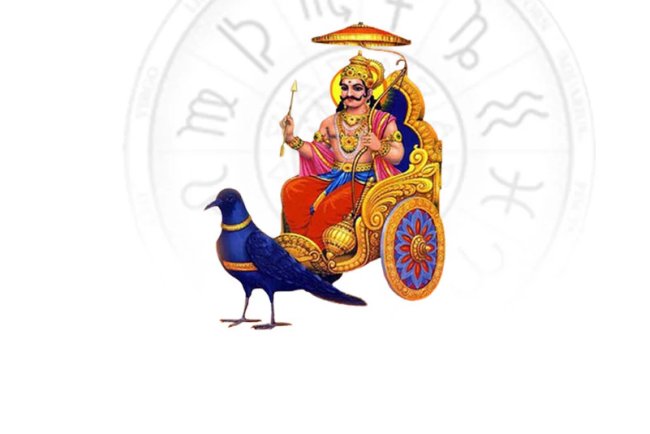Comparing Different Types of Muscle Relaxers for Pain Management
Comparing Different Types of Muscle Relaxers for Pain Management

Muscle relaxers can be a vital part of managing chronic pain, especially for elderly individuals dealing with muscle spasms or injuries. Understanding the different types of Muscle relaxers and how they work can help you make informed decisions about your pain management options. Purchasing a muscle relaxant online offers convenience and access to various options, ensuring you find the right solution for your needs.
Prescription Muscle Relaxers
Prescription muscle relaxers are often recommended by doctors for severe muscle pain and spasms. These medications work by depressing the central nervous system, leading to a reduction in muscle tension and pain. Common prescription muscle relaxers include Cyclobenzaprine (Flexeril), Baclofen, and Tizanidine (Zanaflex).
Cyclobenzaprine is frequently prescribed for short-term use to relieve muscle spasms. It helps reduce pain and improve mobility by blocking nerve impulses that cause muscles to contract. Baclofen, on the other hand, is often used for chronic conditions like multiple sclerosis and spinal cord injuries. It works by reducing the transmission of nerve signals from the spinal cord to the muscles. Tizanidine is another option, typically used to treat muscle spasticity associated with conditions such as multiple sclerosis. It acts as a central alpha-2 adrenergic agonist, helping to relax muscles by inhibiting nerve signals.
Over-the-Counter Muscle Relaxers
Methocarbamol is an OTC muscle relaxer that is often used to treat mild to moderate muscle pain and spasms. It works by slowing down the activity of the central nervous system, helping to reduce muscle tension and discomfort. Ibuprofen, a well-known anti-inflammatory drug, can also act as a muscle relaxer by reducing inflammation and swelling that contribute to muscle pain. While OTC muscle relaxers are less potent than prescription options, they can still provide significant relief for minor muscle issues and are generally safer for long-term use.
Natural Muscle Relaxers
Many elderly individuals prefer natural muscle relaxers to avoid the potential side effects of pharmaceutical drugs. Natural options can be effective in managing muscle pain and spasms without the need for a prescription. Common natural muscle relaxers include magnesium supplements, herbal teas, and essential oils.
Magnesium is a vital mineral that plays a crucial role in muscle function. It helps relax muscles and reduce cramps by balancing calcium levels in the body. Many elderly people find that taking magnesium supplements or increasing their dietary intake of magnesium-rich foods can help alleviate muscle pain. Herbal teas such as chamomile, valerian root, and peppermint can also act as natural muscle relaxers. These herbs have calming properties that help soothe muscle tension and promote relaxation. Essential oils like lavender and eucalyptus can be applied topically or used in aromatherapy to reduce muscle stiffness and discomfort.
Choosing the Right Muscle Relaxer
The most appropriate muscle relaxer based on your specific needs. For example, if you have chronic pain from a condition like multiple sclerosis, a prescription muscle relaxer like Baclofen may be the best option. If your muscle pain is mild and infrequent, an OTC muscle relaxer or a natural remedy may provide sufficient relief. Additionally, lifestyle changes such as regular exercise, proper hydration, and stretching can complement your muscle relaxer regimen and improve your overall muscle health.
Conclusion
Understanding the different types of muscle relaxers available for pain management can help elderly individuals make informed decisions about their treatment options. Whether you opt for prescription medications, over-the-counter solutions, or natural remedies, it's crucial to consult with your healthcare provider to ensure the safest and most effective approach for your specific situation. By exploring various muscle relaxer options and adopting healthy lifestyle habits, you can effectively manage muscle pain and improve your quality of life.
What's Your Reaction?


































